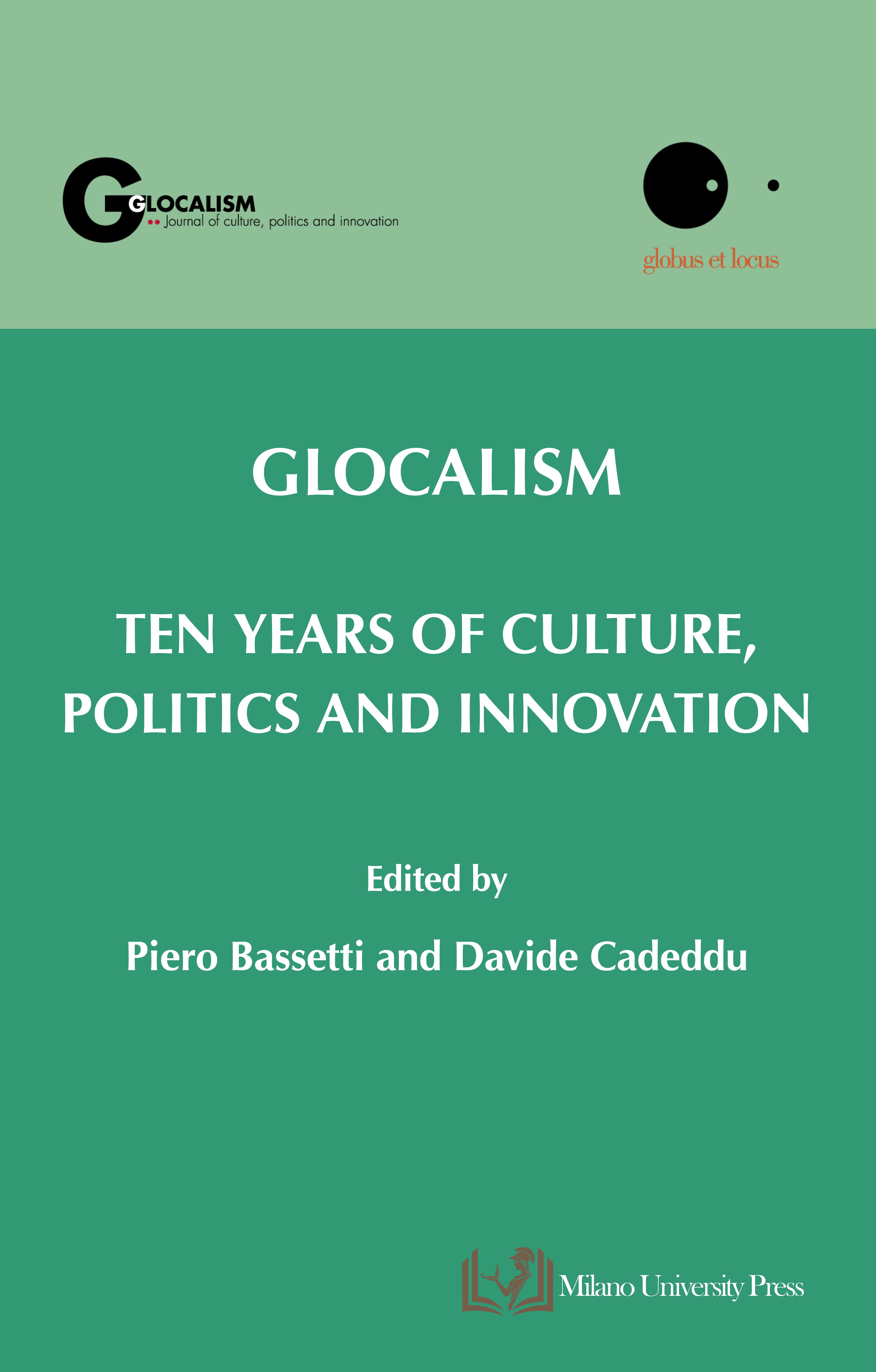LOCAL SELF-GOVERNMENT INSTITUTIONS AND CLIMATE CHANGE: THE CASE OF MEENANGADI PANCHAYAT IN KERALA
DOI:
https://doi.org/10.54103/gjcpi.2024.22559Keywords:
climate change, local self-government, Kerala, Meenangadi model, carbon neutral panchayatAbstract
India faces significant vulnerability to the effects of climate change, attributed to its varied geography, substantial population, and reliance on agriculture. The nation encounters numerous climate-related challenges, including more frequent and severe extreme weather events like heatwaves, droughts, floods, and cyclones. Dealing with this intricate matter necessitates a comprehensive and cooperative strategy that extends beyond conventional top-down governance models. Local governments have a vital role in formulating and executing climate change adaptation strategies. They assess local vulnerabilities, identify priority areas, and formulate plans to build resilience and reduce risks. This can involve measures such as infrastructure improvements, land-use planning, water management, and public health initiatives tailored to the specific needs of the community. Local governments often collaborate with stakeholders, including businesses and residents, to achieve greenhouse gas reduction targets. India has pledged to become carbon neutral by the year 2070, and achieving carbon neutrality is a complex and multi-faceted endeavour that requires coordinated efforts across sectors and levels of government. The carbon-neutral Meenangadi in the Wayanad district of Kerala is a perfect example of successful local self-government taking measures to achieve carbon neutrality.

Downloads
Published
How to Cite
Issue
Section
License
Copyright (c) 2024 A. K. NIRUPAMA

This work is licensed under a Creative Commons Attribution-ShareAlike 4.0 International License.











